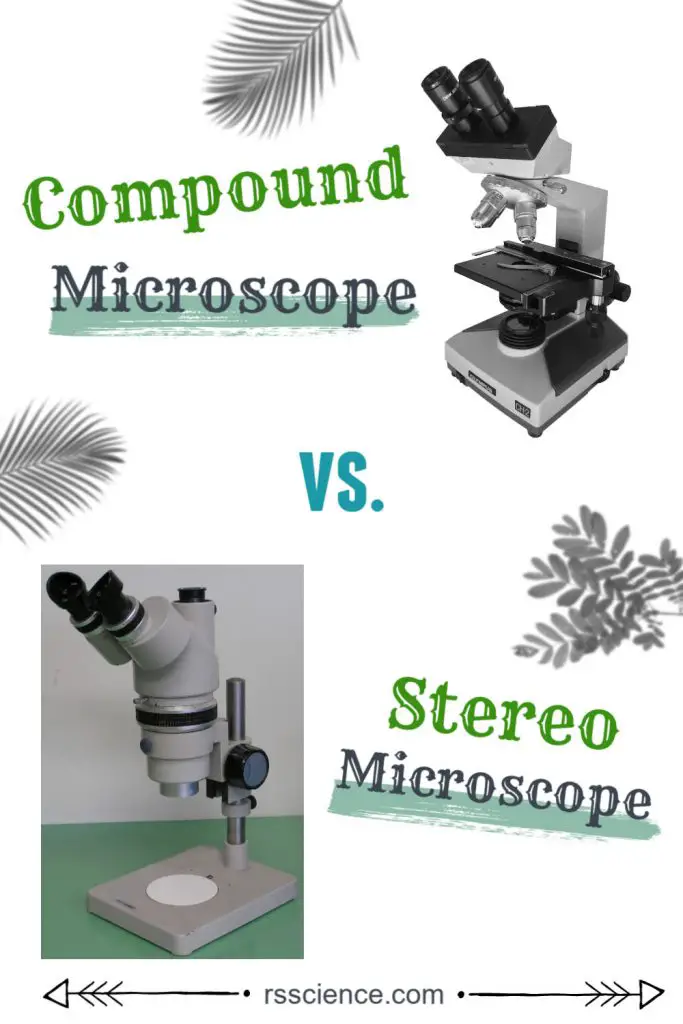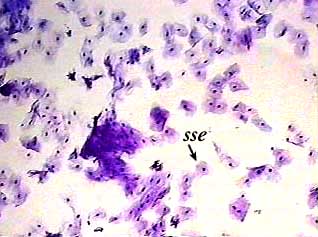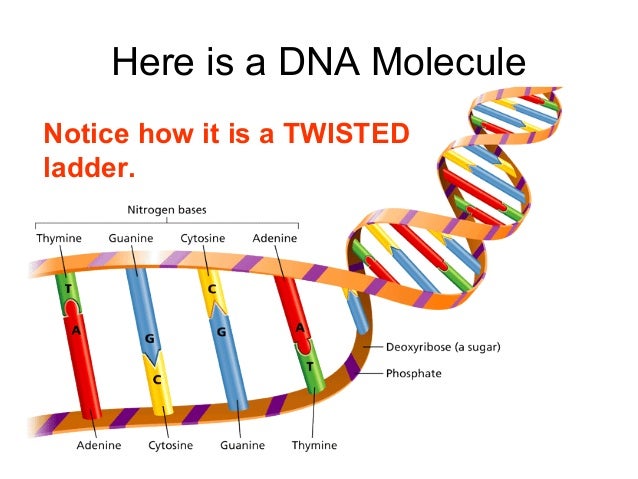How do you use a spectroscope
How Do You Use A Spectroscope. Some spectrometers known as spectrographs are set up to photograph the spectrum. Depending on your model you can do this by sliding a tube in and out or by turning a ring. Using a spectroscope to analyze a sample may take several minutes but it can reveal much about the light source. The 2d spectra are easily extracted from this digital format and manipulated to produce 1d spectra that contain an impressive amount of useful data.
 Spectroscope Definition Parts Uses Video Lesson Transcript Study Com From study.com
Spectroscope Definition Parts Uses Video Lesson Transcript Study Com From study.com
The 2d spectra are easily extracted from this digital format and manipulated to produce 1d spectra that contain an impressive amount of useful data. Depending on your model you can do this by sliding a tube in and out or by turning a ring. Light emission seen through a spectroscope. Spectroscopy study of the absorption and emission of light and other radiation by matter as related to the dependence of these processes on the wavelength of the radiation. Set the light opening to the middle position and move your head slightly from side to side until you see the lines. Using special equipment like a spectrograph or a spectroscope astronomers can split light from space into a spectrum and examine its spectral lines to infer what compounds are emitted or absorbed.
More recently the definition has been expanded to include the study of the interactions between particles such as electrons protons and ions as well as their interaction with other particles as a function of their collision energy.
Another use includes the identification of unknown gemstones. Spectroscopy study of the absorption and emission of light and other radiation by matter as related to the dependence of these processes on the wavelength of the radiation. White light neon and hydrogen light each shows different spectrum. Using a spectroscope to analyze a sample may take several minutes but it can reveal much about the light source. Set the light opening to the middle position and move your head slightly from side to side until you see the lines. Once you find the absorption lines focus the spectroscope.
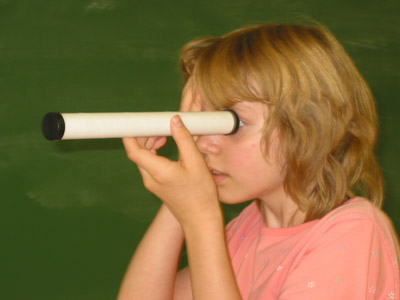 Source: pa.uky.edu
Source: pa.uky.edu
Set the light opening to the middle position and move your head slightly from side to side until you see the lines. Using special equipment like a spectrograph or a spectroscope astronomers can split light from space into a spectrum and examine its spectral lines to infer what compounds are emitted or absorbed. Spectroscopy study of the absorption and emission of light and other radiation by matter as related to the dependence of these processes on the wavelength of the radiation. Another use includes the identification of unknown gemstones. Light emission seen through a spectroscope.
 Source: study.com
Source: study.com
By noting the angle of the prism or the telescope the wavelength of the exiting light can be determined. Light emission seen through a spectroscope. Modern spectroscopy uses diffraction grating to disperse light which is then projected onto ccds charge coupled devices similar to those used in digital cameras. White light neon and hydrogen light each shows different spectrum. The 2d spectra are easily extracted from this digital format and manipulated to produce 1d spectra that contain an impressive amount of useful data.
 Source: chemistryland.com
Source: chemistryland.com
By noting the angle of the prism or the telescope the wavelength of the exiting light can be determined. Once you find the absorption lines focus the spectroscope. Using a spectroscope to analyze a sample may take several minutes but it can reveal much about the light source. Modern spectroscopy uses diffraction grating to disperse light which is then projected onto ccds charge coupled devices similar to those used in digital cameras. The 2d spectra are easily extracted from this digital format and manipulated to produce 1d spectra that contain an impressive amount of useful data.
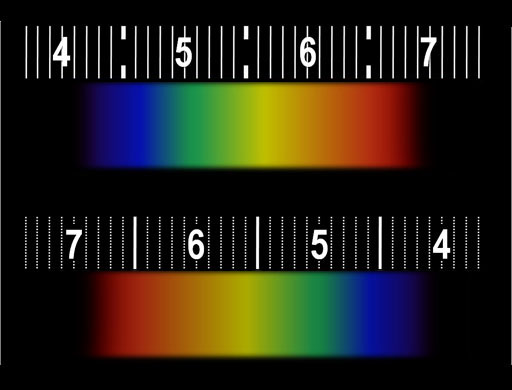 Source: chemistryland.com
Source: chemistryland.com
White light neon and hydrogen light each shows different spectrum. Light emission seen through a spectroscope. Another use includes the identification of unknown gemstones. Spectroscopy study of the absorption and emission of light and other radiation by matter as related to the dependence of these processes on the wavelength of the radiation. You ll notice that the absorption lines don t become clear all at once.
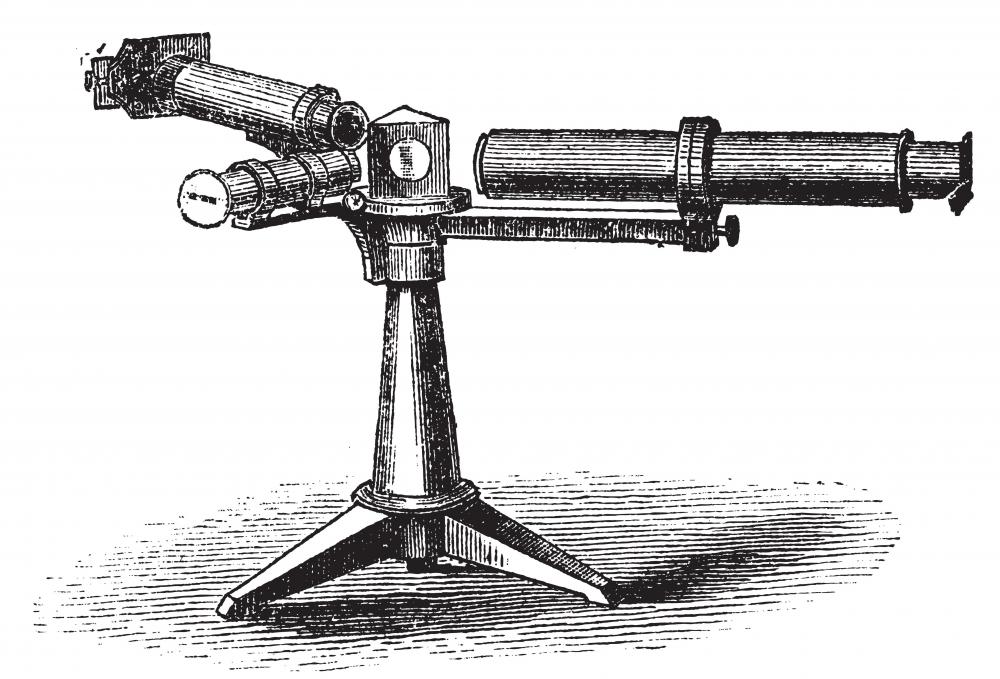 Source: wisegeek.com
Source: wisegeek.com
Set the light opening to the middle position and move your head slightly from side to side until you see the lines. White light neon and hydrogen light each shows different spectrum. More recently the definition has been expanded to include the study of the interactions between particles such as electrons protons and ions as well as their interaction with other particles as a function of their collision energy. Using special equipment like a spectrograph or a spectroscope astronomers can split light from space into a spectrum and examine its spectral lines to infer what compounds are emitted or absorbed. You ll notice that the absorption lines don t become clear all at once.
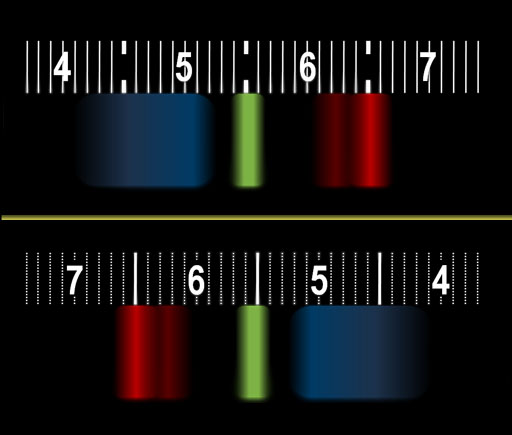 Source: chemistryland.com
Source: chemistryland.com
Using special equipment like a spectrograph or a spectroscope astronomers can split light from space into a spectrum and examine its spectral lines to infer what compounds are emitted or absorbed. Modern spectroscopy uses diffraction grating to disperse light which is then projected onto ccds charge coupled devices similar to those used in digital cameras. Using special equipment like a spectrograph or a spectroscope astronomers can split light from space into a spectrum and examine its spectral lines to infer what compounds are emitted or absorbed. Depending on your model you can do this by sliding a tube in and out or by turning a ring. You ll notice that the absorption lines don t become clear all at once.
 Source: technology.niagarac.on.ca
Source: technology.niagarac.on.ca
The spectroscope is used by astronomers to study objects such as the galaxy of stars. More recently the definition has been expanded to include the study of the interactions between particles such as electrons protons and ions as well as their interaction with other particles as a function of their collision energy. Another use includes the identification of unknown gemstones. By noting the angle of the prism or the telescope the wavelength of the exiting light can be determined. Modern spectroscopy uses diffraction grating to disperse light which is then projected onto ccds charge coupled devices similar to those used in digital cameras.
 Source: slideplayer.com
Source: slideplayer.com
White light neon and hydrogen light each shows different spectrum. Another use includes the identification of unknown gemstones. The spectroscope is used by astronomers to study objects such as the galaxy of stars. Light emission seen through a spectroscope. Spectroscopy study of the absorption and emission of light and other radiation by matter as related to the dependence of these processes on the wavelength of the radiation.
 Source: technology.niagarac.on.ca
Source: technology.niagarac.on.ca
The spectroscope is used by astronomers to study objects such as the galaxy of stars. The 2d spectra are easily extracted from this digital format and manipulated to produce 1d spectra that contain an impressive amount of useful data. The spectroscope is used by astronomers to study objects such as the galaxy of stars. Another use includes the identification of unknown gemstones. Some spectrometers known as spectrographs are set up to photograph the spectrum.
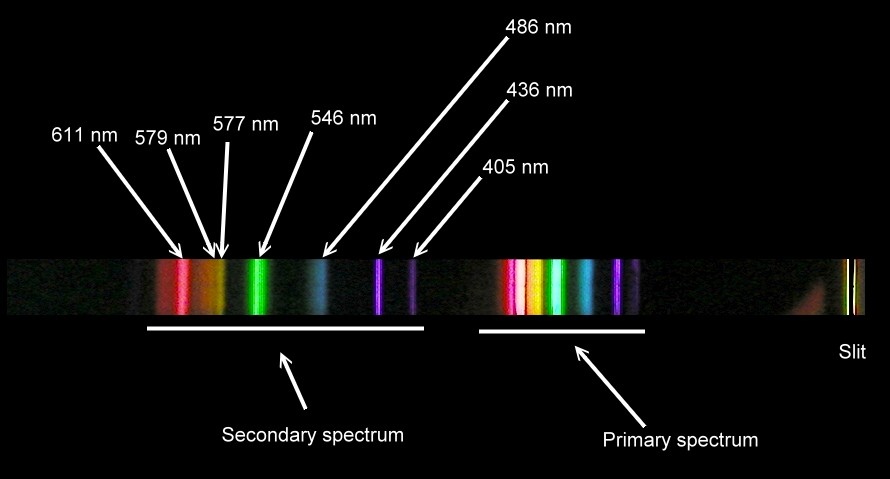 Source: sci-toys.com
Source: sci-toys.com
Once you find the absorption lines focus the spectroscope. Modern spectroscopy uses diffraction grating to disperse light which is then projected onto ccds charge coupled devices similar to those used in digital cameras. Set the light opening to the middle position and move your head slightly from side to side until you see the lines. White light neon and hydrogen light each shows different spectrum. Once you find the absorption lines focus the spectroscope.
 Source: wisegeek.com
Source: wisegeek.com
White light neon and hydrogen light each shows different spectrum. Set the light opening to the middle position and move your head slightly from side to side until you see the lines. Modern spectroscopy uses diffraction grating to disperse light which is then projected onto ccds charge coupled devices similar to those used in digital cameras. Light emission seen through a spectroscope. The spectroscope is used by astronomers to study objects such as the galaxy of stars.
 Source: study.com
Source: study.com
More recently the definition has been expanded to include the study of the interactions between particles such as electrons protons and ions as well as their interaction with other particles as a function of their collision energy. Spectroscopy study of the absorption and emission of light and other radiation by matter as related to the dependence of these processes on the wavelength of the radiation. White light neon and hydrogen light each shows different spectrum. Another use includes the identification of unknown gemstones. The 2d spectra are easily extracted from this digital format and manipulated to produce 1d spectra that contain an impressive amount of useful data.
 Source: sites.google.com
Source: sites.google.com
Depending on your model you can do this by sliding a tube in and out or by turning a ring. You ll notice that the absorption lines don t become clear all at once. Once you find the absorption lines focus the spectroscope. Modern spectroscopy uses diffraction grating to disperse light which is then projected onto ccds charge coupled devices similar to those used in digital cameras. Spectroscopy study of the absorption and emission of light and other radiation by matter as related to the dependence of these processes on the wavelength of the radiation.
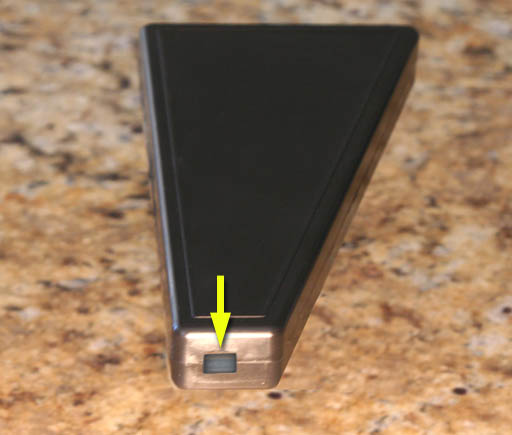 Source: chemistryland.com
Source: chemistryland.com
Spectroscopy study of the absorption and emission of light and other radiation by matter as related to the dependence of these processes on the wavelength of the radiation. By noting the angle of the prism or the telescope the wavelength of the exiting light can be determined. Some spectrometers known as spectrographs are set up to photograph the spectrum. Light emission seen through a spectroscope. The 2d spectra are easily extracted from this digital format and manipulated to produce 1d spectra that contain an impressive amount of useful data.
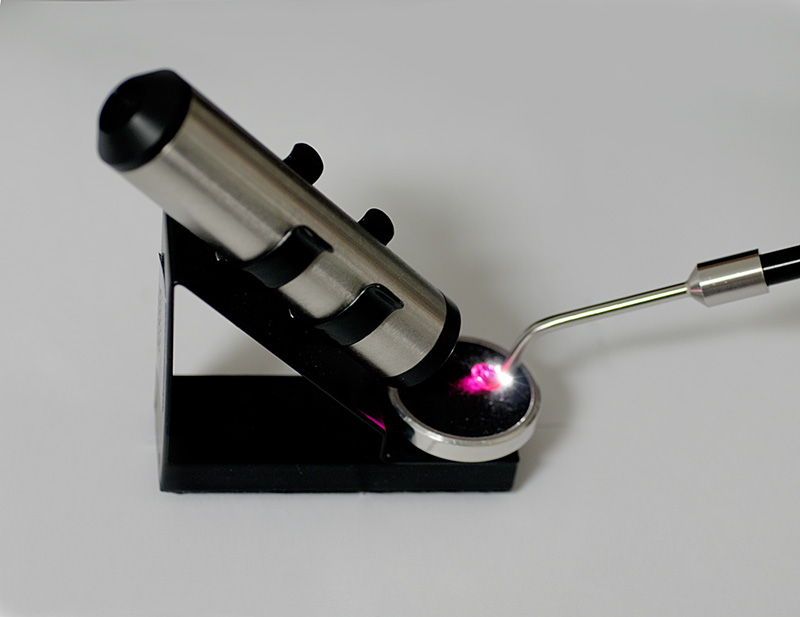 Source: lotusgemology.com
Source: lotusgemology.com
Another use includes the identification of unknown gemstones. White light neon and hydrogen light each shows different spectrum. Using special equipment like a spectrograph or a spectroscope astronomers can split light from space into a spectrum and examine its spectral lines to infer what compounds are emitted or absorbed. The 2d spectra are easily extracted from this digital format and manipulated to produce 1d spectra that contain an impressive amount of useful data. Spectroscopy study of the absorption and emission of light and other radiation by matter as related to the dependence of these processes on the wavelength of the radiation.
If you find this site good, please support us by sharing this posts to your preference social media accounts like Facebook, Instagram and so on or you can also save this blog page with the title how do you use a spectroscope by using Ctrl + D for devices a laptop with a Windows operating system or Command + D for laptops with an Apple operating system. If you use a smartphone, you can also use the drawer menu of the browser you are using. Whether it’s a Windows, Mac, iOS or Android operating system, you will still be able to bookmark this website.


